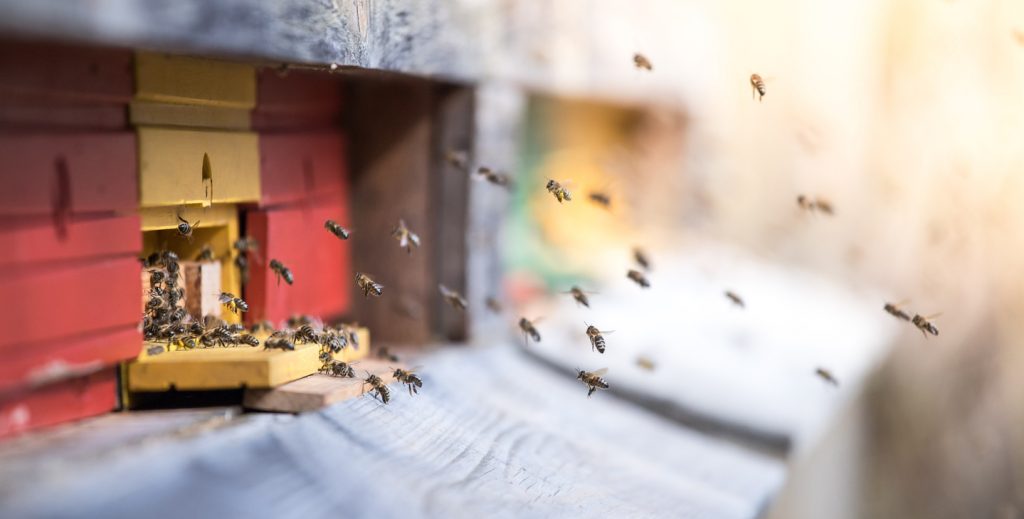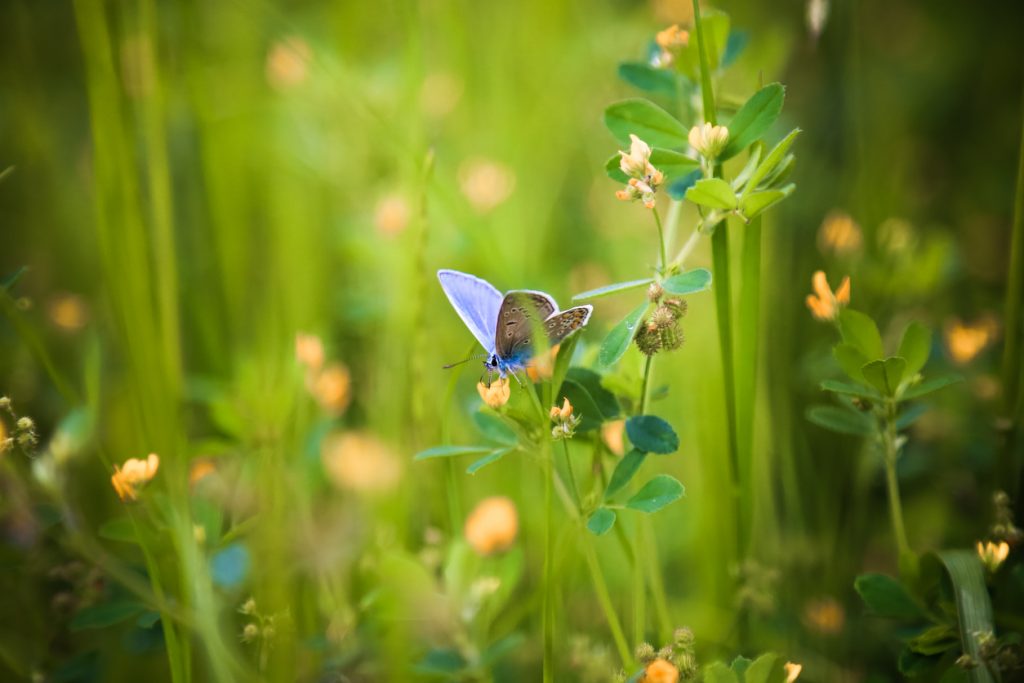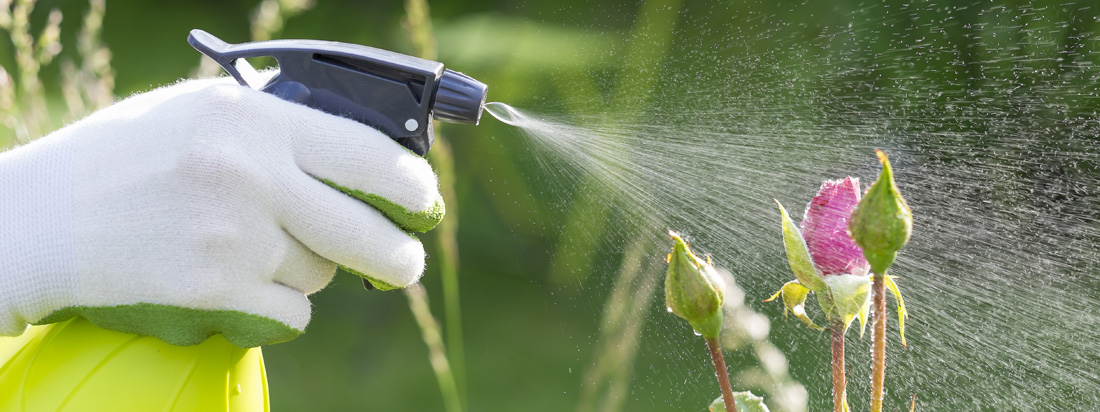Pesticides and biocidal products : shedding light on challenges and alternatives
When we browse the aisles of supermarkets or stroll through local markets, the abundant variety of fruits and vegetables often looks impeccably beautiful and appetizing. However, behind this idyllic appearance lies an alarming reality: the massive use of chemical pesticides to protect these crops from animal and plant pests. By enlightening consumers on this crucial topic, we can better understand the associated environmental and health issues, as well as possible alternatives to help preserve our fragile biodiversity.
Impact of pesticides on bees and nature
Pesticides, as the name suggests, are chemicals specifically designed to eliminate or control pests that threaten our crops. Although their use can increase agricultural yields, the consequences for the environment and wildlife are profound. Bees, among the most valuable pollinators in our ecosystem, are particularly vulnerable to the effects of pesticides.
The widespread use of chemical pesticides has contributed to an alarming decline in bee populations. The figures speak for themselves, bee mortality has increased significantly due to pesticide exposure, among other things. 2021 recorded a loss rate of 25% in hives, this is more than in 2019 or 2020 where the rate was about 20%. An abnormal situation when we know that in the 90s, mortality rates were around 5% (1). No less than 80,000 bees can be killed by a single grain of corn coated with 0.5 mg of clothianidin (2)! Greenpeace highlights the negative impact of pesticides on pollinator populations, demonstrating the pressing need to rethink our approach to crop protection.

But then, what is the difference with a biocidal product ?
Biocidal products, often confused with pesticides, have a similar objective: to control pests. However, what distinguishes biocidal products is their application. Unlike pesticides, which mainly target crops, biocidal products act in the environment close to consumers.
In addition, an important feature of biocidal products is the possibility of using active substances of plant inspiration or origin. This approach controls its impact on biodiversity and therefore their impact on bees and other essential pollinators. Plant-based alternatives to highly toxic chemicals offer a more sustainable path for agriculture. They also promote a harmonious balance between man and his environment.

The imperative for change
Imidacloprid, thiamethoxam, clothianidin, fipronil, cypermethrin and deltamethrin. These barbaric names are unfortunately present in many insecticides on the market… Despite their proven toxicity to bees and their harmful effects on human health. To preserve the health of our ecosystem and ours, it is imperative to reconsider our consumption of these toxic products.
As informed consumers, we have the power to change that. By choosing biocidal products with active substances of plant origin, we opt for an approach in tune with the times, controlling its impact on biodiversity. By encouraging the adoption of responsible agricultural practices and supporting local initiatives focused on preserving biodiversity, we can help reverse the decline of bees and build a more harmonious future for all.
In short, it’s time to turn our backs on toxic chemical pesticides and biocides. Let’s commit ourselves to the path of alternatives, whose impact on biodiversity is controlled. By making informed choices as consumers, we can play an essential role in controlling our impact on the environment. Let’s preserve them, and future generations !
sources :







